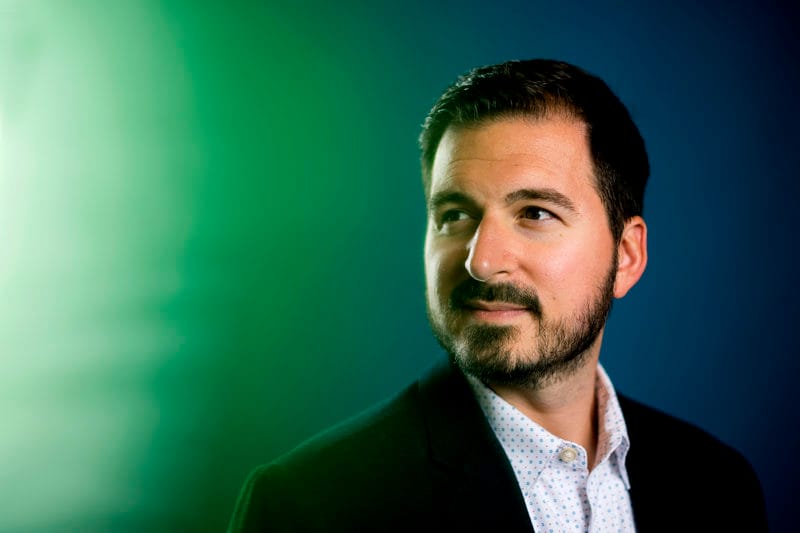Current Data Practices are Harming Internet Users, says Northeastern Professor
July 27, 2020 — Online data practices are negatively impacting the lives of internet users, said Woodrow Hartzog, professor of law and computer science at Northeastern University on Monday. Speaking on an episode of Let’s Talk Privacy & Technology, a podcast hosted by Santa Clara University, Hartzog

July 27, 2020 — Online data practices are negatively impacting the lives of internet users, said Woodrow Hartzog, professor of law and computer science at Northeastern University on Monday.
Speaking on an episode of Let’s Talk Privacy & Technology, a podcast hosted by Santa Clara University, Hartzog said that data practices are having an adverse effect on the quality of online services.
“The insatiable desire for data has led to a number of negative externalities, including the corrosion and depletion of our attention spans,” he said. “There are erosions of our public institutions and even environmental concerns.”
Privacy policies tend to be long and inaccessible, Hartzog continued, and users should not have to read them in order to get a comprehensive understanding of the data they are surrendering.
“No one reads them, and no one should be expected to read them,” he said.
Hartzog claimed that the expectation that users are well-informed about their data is incorrect and unsustainable.
“It’s madness to think that we would actually spend tons of time for every single website that we would go to reading the terms of use… because we simply visit too many websites,” he said.
In order to change the state of privacy online, Hartzog said that there must be a fundamental rethinking of technology’s role, implications and future.
“I think the biggest thing that we’re dealing with right now has to be a general assumption about the inevitability of technology…,” he said. “And then it causes us to have a relatively narrow view of what the solutions are.”










